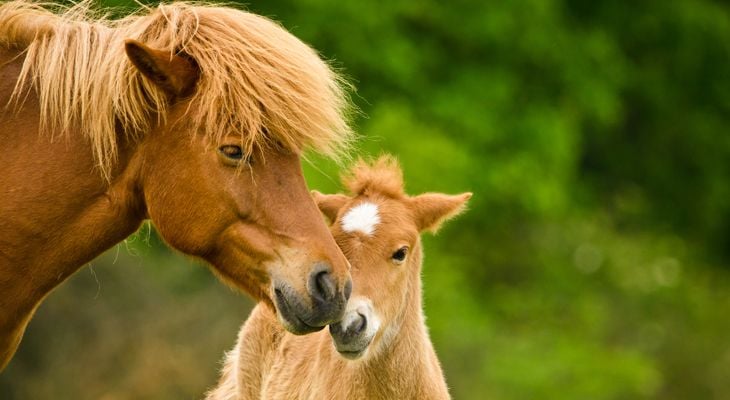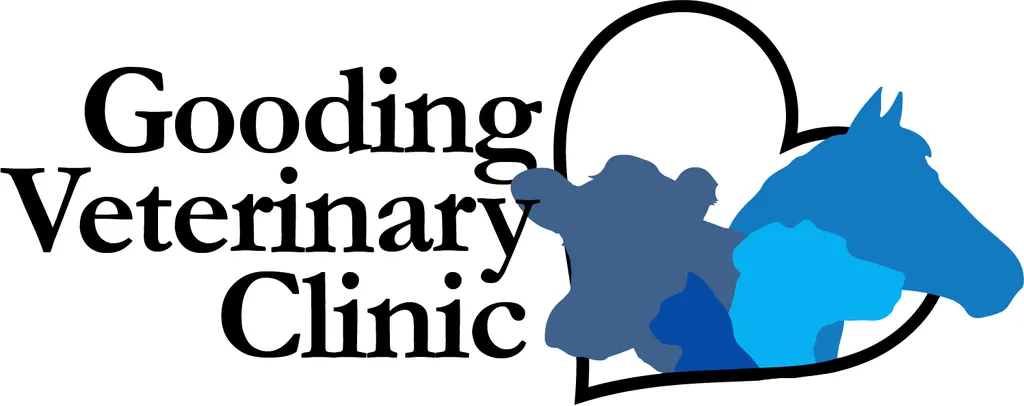
Hernias
A hernia is a tear in the body wall of a horse that allows the internal organs to push through to a place where they don’t belong. There are several types of hernias. They can affect horses of any age or breed.
Horses may have a defect at birth (congenital) that increases the risk of a hernia, but the hernia may not develop until later. Other hernias are caused later in life (acquired) due to trauma, surgery or weakening of the body wall.
Some small hernias may close on their own. Other hernias, however, require surgery. A pressure bandage or belt may be needed to relieve tension on an incision and prevent the hernia from occurring again. Horses should be allowed to rest while healing in order to reduce the risk of reopening a surgical incision.
Abdominal Hernia
There are several kinds of abdominal hernias, such as:
- Traumatic injuries, such as force from fence posts, machinery or kicks from other horses, that allow internal organs to poke through
- Abdominal or colic surgery, which weakens the abdominal wall along the incision. Infection can further weaken the incision
- Prepubic tendon rupture is a rare condition that occurs in mares late during pregnancy. The tearing of the muscles in the lower body wall can lead to the rupture of the prepubic tendon or an abdominal hernia.
Umbilical Hernia
This is the most common type of hernia in horses and is usually present at birth (congenital). This condition may also be passed onto offspring (hereditary). The hernia, which often appears in foals, occurs along the midline of the abdomen.
Umbilical hernias may result from stretching of the umbilical cord and trauma during birth. In some cases, the internal organs can be pushed back inside the body cavity manually, and the hernia may heal on its own. Larger hernias, however, can require surgery to prevent the abdominal organs from being damaged as they stick through the hernia.
Scrotal or Inguinal Hernia
Scrotal or inguinal hernias occur in the groin area in colts or adult stallions. They can occur on one or both sides of the body and may be accompanied by swelling on the affected side. The intestinal organs can pass into either the inguinal canal or the scrotum.
This type of hernia may go away without the need for surgery; although the intestinal contents may need to be pushed back into the body manually using finger pressure. If the hernia worsens, though, part of the bowel can become trapped in the hernia and requiring surgery.
Diaphragmatic Hernia
The diaphragm separates the abdominal and chest (thoracic) cavities. If a hole forms in the diaphragm —either from an injury or a congenital defect — the abdominal contents can push up into the chest cavity. Symptoms of this type of hernia include colic and difficulty breathing. It requires surgical treatment.
Synovial Hernia
A synovial hernia does not occur in the body wall, but in one of the horse’s joints. A hole in the joint capsule can allow synovial fluid to leak through. They may clear up on their own. Otherwise, surgery is needed.
Hernias must be treated by experienced equine veterinarians. Please contact our office right away if you think your horse is suffering from a hernia.

